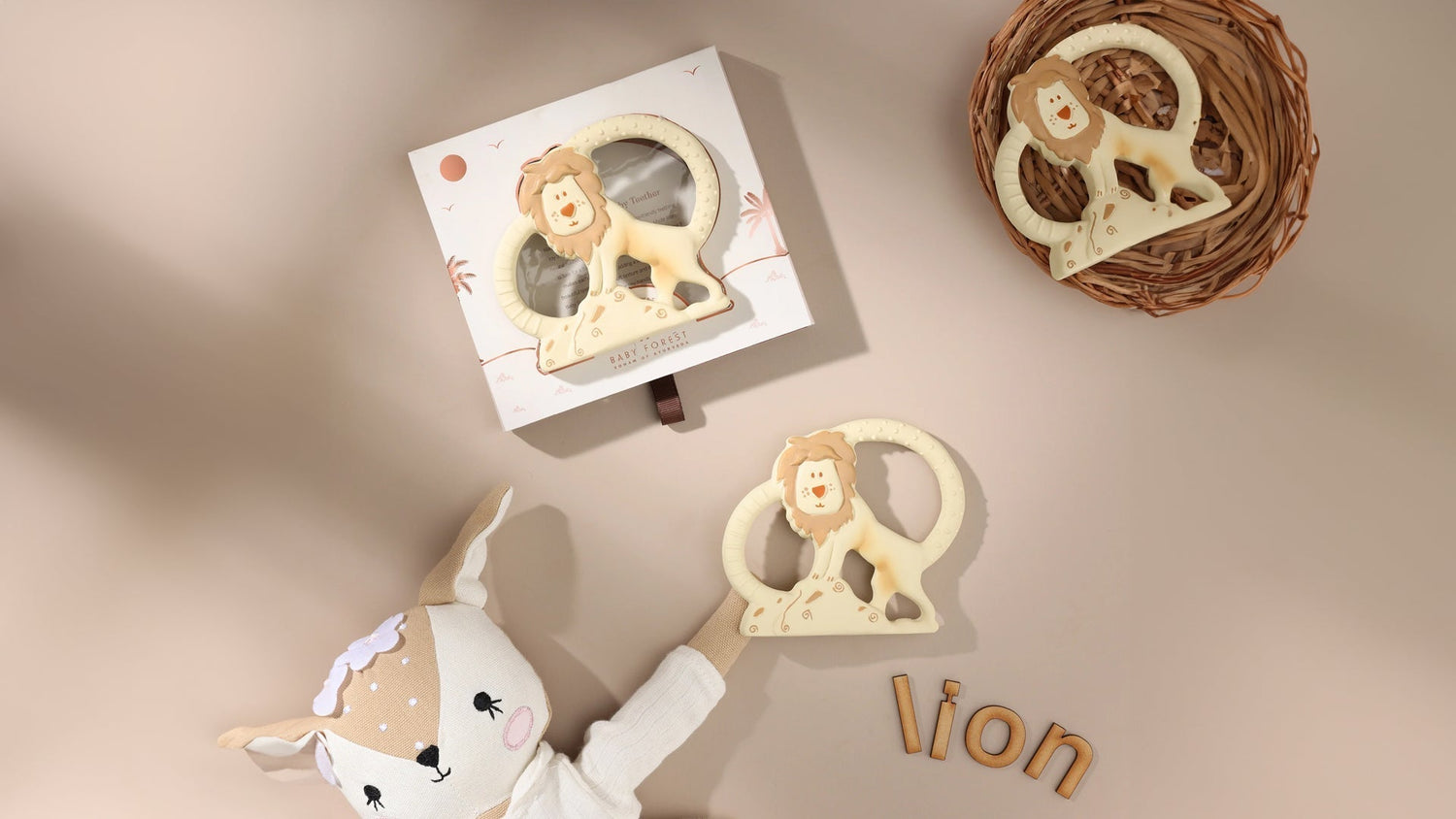
Secrets of Licorice: Ancient Remedy or Modern Superfood?



Travel During Pregnancy: Dos and Don'ts for a Stress-Free...

10 Healthy Snacks for Pregnant Women

The Home Stretch: Journaling the Third Trimester of Pregn...

When Can You Feel Your Baby Kick? What to Expect During P...

Prenatal Yoga and Its Benefits for Pregnant Women

Welcoming Your Baby in the 9th Month

How to Prepare for Labor and Delivery

Things to do a week before your due date!

The Countdown Begins: Recognizing the Signs of Labor

The Best Books to Read During Each Trimester of Pregnancy

What is a Breech Baby? Understanding the Different Breech...

Top Foods to Avoid During Pregnancy

Do’s & Don'ts in the Third Trimester of your pregnancy jo...

What Is Pregnancy Nose? Causes, Symptoms, and Remedies

What is a Mucus Plug and Why is It Important During Pregn...

7 Daytime Habits for Baby's Restful Nights

Pregnancy Mood Swings! Things You Should Know

An Ideal Hair Care For Babies- What You Must Know?

Here's why Expectant Mothers Should Adopt Garbh Sanskar P...

The Charm of Tradition: Old Wives’ Tales for Baby Gender ...

What to Expect During Your Second Pregnancy

Natural Remedies for Preventing and Treating Pregnancy St...

Embarking on Motherhood: Early Signs of Pregnancy

Hospital Bag Checklist for Delivery 2024: Essentials That...

Unlocking the Wonders of Garbh Sanskar: Shaping the Unbor...

Why Prospective Parent Should Know About Beej Sanskar
Teething is a major milestone in a baby's life, but it can often be a painful process for little ones and a stressful time for parents. One of the best ways to soothe your baby's sore gums and help them through this phase is by providing them with a baby teether. However, not all teethers are created equal. Choosing the suitable teether is crucial for your baby's comfort, safety, and overall oral health. In this blog, we'll explore why it's important to select the appropriate baby teether and what factors to consider during your selection process.
Teething typically begins around the age of six months, but it can start as early as three months or as late as twelve months. During this period, your baby might show discomfort, such as drooling more than usual, being fussier, or trying to bite and chew on things. Baby teethers can provide significant relief, but choosing one that is safe and effective is essential.
The right baby teether can do wonders in alleviating your baby's teething pain. Teethers help by providing a safe outlet for your baby to apply pressure on their gums. The pressure helps reduce discomfort as the new teeth push through the gums. Additionally, chewing on teethers can also assist in strengthening the new teeth, massaging the gums, and even improving motor skills as your baby learns to maneuver the teether to their mouth.

Choosing the suitable baby teether is not just about easing your baby's discomfort—it's also about ensuring their safety and supporting their overall development during the teething phase. With the suitable teether, you can help make this challenging time a little easier for both you and your baby. Remember, each baby is different, so it might take some experimenting with different types of teethers before you find the one that your baby loves and finds most comforting. Happy teething!

